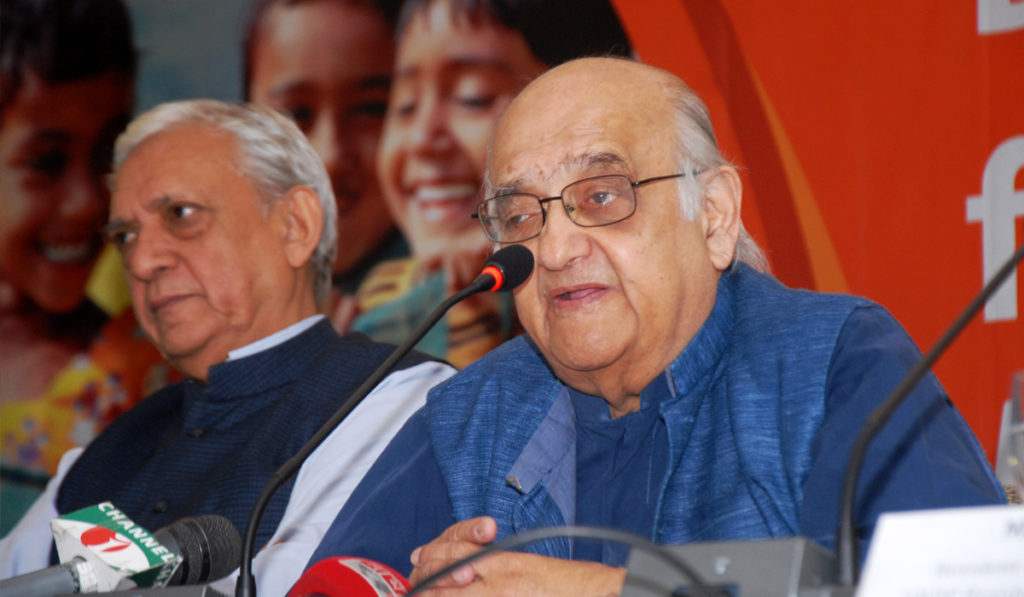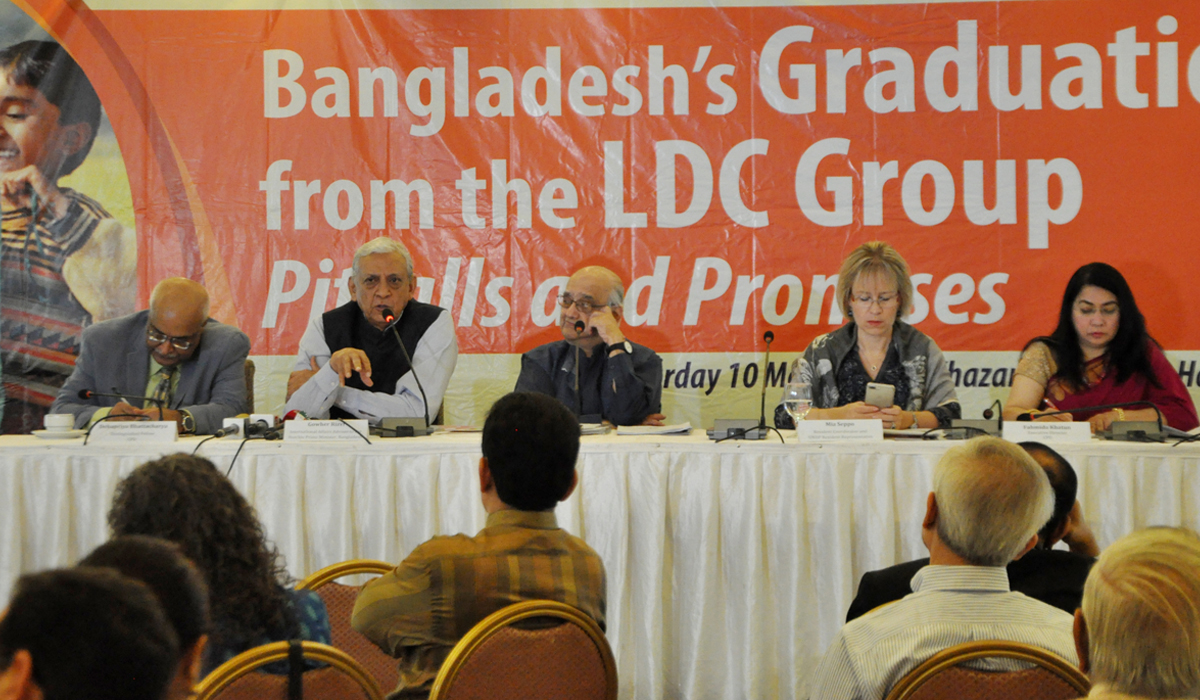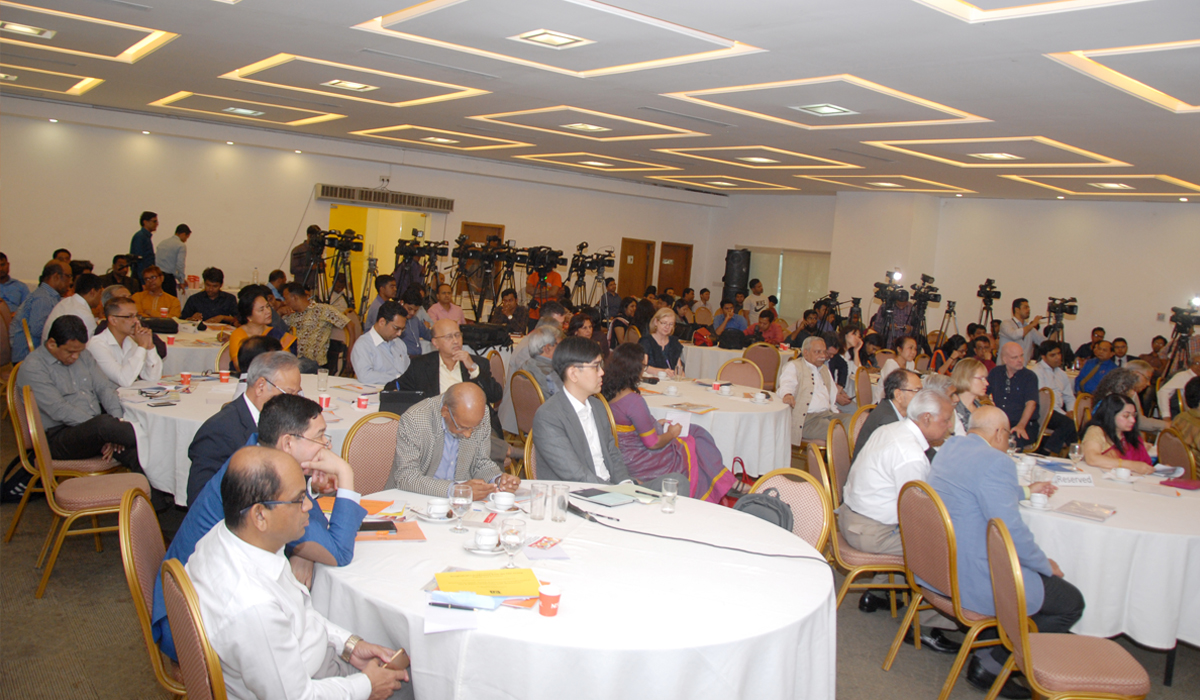
Bangladesh is heading towards graduating from the Least Developed Countries (LDCs), which the nation can applause. However, there are reasons to be careful and strategic in formulating policies for smooth graduation. Ensuring Good governance and democratic stability are catalytic in making this transformation sustainable and inclusive.
Presentations
- The LDC Paradigm, Graduation and Bangladesh Concepts, Comparison and Policy – Dr Debapriya Bhattacharya
- ‘Business as Usual’ Trend of Structural Transformation – Khondaker Golam Moazzem
- Preparing for Life beyond LDC – Professor MustafizurRahman
- Bangladesh’s Pursuit of the 2030 Agenda – Dr Fahmida Khatun
- Pursuing a Graduation Strategy within the Global and Regional Environment – Towfiqul Islam Khan
Video | Photos | Press Clips
These recommendations were put forward at the CPD public dialogue titled “Bangladesh’s Graduation from the LDC Group: Pitfalls and Promises” on Saturday 10 March 2018 in Dhaka. The dialogue was organised drawing on CPD’s recent study on Bangladesh’s LDC graduation. The study will be published as a book comprising five chapters by the Routledge later in 2018.
The analyses presented from the CPD study widely covered the various dynamics of the LDC graduation for Bangladesh. The LDC paradigm, challenges, possibilities, export diversification, required structural transformation, the 2030 Agenda and other crucial elements related to smooth and sustainable graduation were elaborately conversed in the dialogue.

CPD Chairman Professor Rehman Sobhan, lauded the contribution of the private and non-government organisations to the progress of the country’s economy, while he noted that the farmers, migrant workers and the garments workers, who are constantly contributing to our economic development, are still left behind from the development process. We have to ensure that all the development contributors get the just share from economic progress and only then, he stressed, the LDC graduation will be inclusive. Professor Sobhan presided over the session on ‘Graduation Paradigm: Concepts and Comparisons’.
Indistinct understanding prevails about the graduation process, which Dr Debapriya Bhattacharya, Distinguished Fellow, CPD, made clear. The country is undergoing a process to graduate from the LDC in 2024, not in 2018 as many may think. Finally, the graduation will be confirmed in 2027 after having passed 3-year grace period for preparation, said Dr Bhattacharya.
Ms Mia Seppo, Resident Coordinator and UNDP Resident Representative, was present as the Guest of Honour, Professor Dr Gowher Rizvi, International Affairs Adviser to the Hon’ble Prime Minister, Government of Bangladesh, was present as the Chief Guest at the Session One of the dialogue. H E Ms Charlotta Schlyter, Ambassador, Embassy of Sweden, and Dr Zahid Hussain, Lead Economist, World Bank, Bangladesh, as Discussants, Mr Md. Shahidul Haque, Secretary, Ministry of Foreign Affairs, Government of Bangladesh, as the Guest of Honour, and Dr A B Mirza Azizul Islam, Former Advisor to the Caretaker Government, as the Chair, were present at the Session Two. Dr Ahmad Ahsan, Director, Policy Research Institute of Bangladesh, Mr Keith Thompson, Team Leader – Growth and Private Sector Development, DFID Bangladesh, and Ms Nahida Sobhan, Director General (MEA), Economic Affairs Wing, Ministry of Foreign Affairs, as Discussants and Dr Mohammed Farashuddin, Former Governor, Bangladesh Bank, as the Chair, were present at the third and final session of the dialogue.

The floor comprising academicians, economists, researchers, journalists, diplomats among others actively participated in the dialogue.

